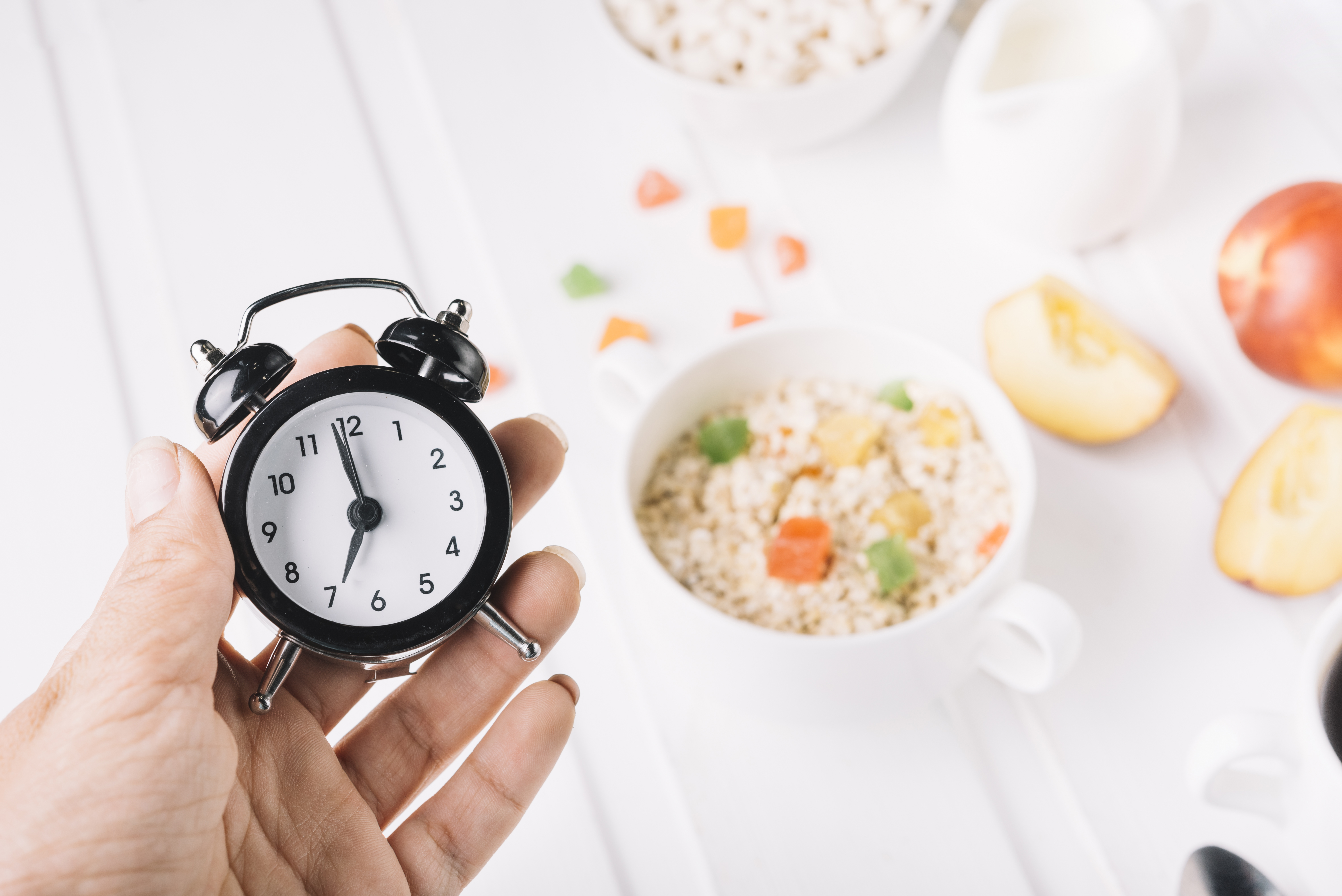4 Habits That Make It Harder To Control Blood Sugar — and Why

4 Habits That Make It Harder for People Over 50 to Control Blood Sugar — and Why
As we age, the body undergoes natural changes that can make blood sugar management more challenging. But often, everyday habits play an even bigger role. Here are four common patterns that can make glucose control more difficult for people over 50 — and the science behind why they matter.
Skipping Meals or Eating Very Irregularly
It may seem harmless to delay a meal or skip it altogether, but irregular eating patterns can cause significant blood sugar swings. When you go too long without eating, blood sugar can drop — and then spike when you finally eat. These ups and downs stress the body’s ability to regulate glucose and often lead to overeating later in the day.
Why it matters:
As we get older, insulin sensitivity naturally decreases. The body functions best with steady, predictable nutrition. Consistent meals help keep glucose levels balanced, support metabolism, and prevent large swings that lead to weight gain and worsening insulin resistance.

Eating a Diet High in Processed Foods and Low in Fiber
Highly processed foods — like white bread, pastries, chips, sugary snacks, and packaged meals — digest quickly and often contain added sugars and unhealthy fats. This causes rapid spikes in blood glucose and can contribute to weight gain, especially around the abdomen.
Why it matters:
Fiber slows digestion and helps the body absorb sugar gradually. Without enough fiber, glucose rises quickly after meals, forcing the body to release a large amount of insulin. Over time, this promotes fat storage and worsens insulin resistance, making diabetes harder to control and requiring higher doses of medication.

Being Sedentary or Sitting for Long Stretches
Long periods of sitting reduce how effectively the muscles can use glucose for energy, leading to higher blood sugar levels throughout the day. Even light activity after meals — like a 10- to 15-minute walk — improves how the body processes glucose.
Why it matters:
Physical activity makes insulin work more effectively. For adults over 50, this is especially important because age-related muscle loss (sarcopenia) naturally reduces the muscle mass available to absorb glucose. A sedentary lifestyle accelerates this process, making blood sugar more difficult to manage.

Poor Sleep and Unmanaged Stress
Chronic stress and poor sleep elevate cortisol — the body’s main stress hormone — which raises blood sugar and increases cravings for high-carb foods. Lack of restorative sleep also disrupts the hormones that regulate appetite, contributing to overeating and daytime fatigue.
Why it matters:
High cortisol interferes with how insulin works. Aging often brings changes to sleep patterns, and conditions like sleep apnea become more common, creating a cycle where poor sleep worsens blood sugar, and high blood sugar disrupts sleep. Breaking this cycle is essential for long-term glucose control.

The Bottom Line
For people over 50, blood sugar management isn’t just about medication — it’s deeply influenced by daily habits. Regular meals, nutrient-dense foods, consistent movement, and quality sleep all play a powerful role in improving glucose control.
Small, sustainable changes in these areas can make a meaningful difference in how you feel and how well you manage diabetes or prediabetes.
If you’d like guidance on improving your metabolic health, our team is here to help.
